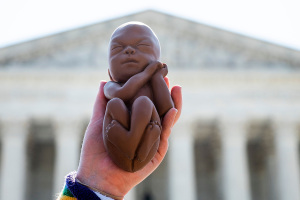Afghanistan Independence Day Marked With Attacks on British Council
On the 92nd anniversary of Afghan independence from Britain, five Taliban attackers struck the British Council in Kabul killing at least nine people and wounding six others.
The British Council is not related to the British Embassy, but rather is an international cultural relations institution that works to promote intercultural exchange and the advancement of education through programs on learning, arts, science, and society.
The attack happened early in the morning and insurgents used two car bombs and several gunmen to attack the Council. The attack led to a siege of fighting around the area that lasted around nine hours.
A coalition of Afghan and Western forces fought the Taliban insurgency forces to free three of the trapped foreigners in the building.
Of the dead, three were Nepalese guards and one was a coalition service member believed to be from New Zealand, although reports have yet to verify exactly what country the coalition service member came from.
Two hours after the first blast at the Council, a bomb exploded near a high school as well.
The Taliban has admitted to carrying out the attacks and spokesman Zabihullah Mujahid told Reuters, “We are reminding them that we will become independent again from all foreigners, especially from the British.”
The country has witnessed an upsurge in violence over the past few years, and virtually every foreigners and Afghan citizens have faced attacks on Independence Day.
Last year, a police officer was attacked in Kandahar.
Afghanistan was part of The Great Game, a power struggle between the British and Russian Empires for dominance in the Central Asia region that led to three wars between Afghanistan and Great Britain.
Although the British never actually gained full control of the country, the last Anglo-Afghan war ended in the 1919 Treaty of Rawalpindi in which the British recognized the country’s sovereignty.
However, the country continued to face invasions throughout the following decades and has become known as the “graveyard of empires” as a result.
The recent period of extremism is often regarded by Afghan scholars as a result of the Russian invasion of the country in 1979 that led to a 10-year war with the Soviets. Russia left the county in 1989 and civil war ensued between various Mujahideen factions that culminated in a Taliban victory. The group ruled the country until the U.S. came into Afghanistan and ousted them from power in 2001.



























